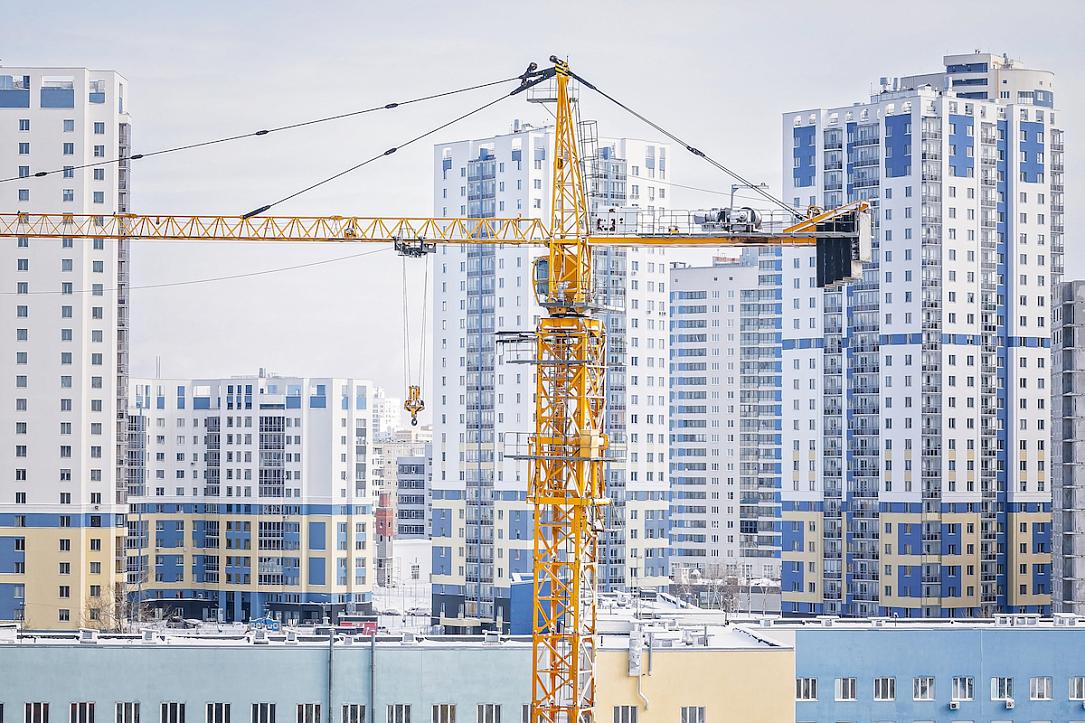Interest rates, inflation and the geopolitical situation among main concerns of real estate investors in Romania



Macroeconomic uncertainty, consumption contraction, interest rates, and inflation are the main factors that may impact the Romanian real estate market, according to the investors and developers who participated in the second edition of the Cushman & Wakefield Echinox's "Real Estate Investors Sentiment Barometer." However, despite these challenges, most responding investors are still looking to expand their local portfolios.
Cushman & Wakefield Echinox surveyed the top management of local, regional and global investors and developers with a combined real estate portfolio in Romania valued at more than EUR 10 billion and a share of approximately 50% of the local real estate market.
The survey found that the interest rates' level represents the main concern for real estate players in Romania, with 97% of respondents indicating it as the most critical macroeconomic risk that could impact the local real estate market. Inflation comes second with a share of 84%, followed by the geopolitical situation (78%).
However, despite the challenges faced by the market, most of the responding investors (65%) are looking to expand their portfolios, while 32% aim to maintain their current assets in the following three years and only 3% of respondents have indicated expectations of downsizing their activity, Cushman & Wakefield Echinox said.
Vlad Săftoiu, Head of Research Cushman & Wakefield Echinox, commented: "The second edition of the survey among real estate investors and developers in Romania has once again highlighted their confidence in the local market, a market which continued to perform in 2023 in terms of both supply and demand. 2023 saw new records, especially at the demand level, in line with the respondents' expectations in the survey conducted at the end of 2022. Financing costs and inflation remain the main concerns, but we believe they will ease throughout 2024, and the pressure on the real estate sector will be less significant."
Bucharest remains the preferred destination for future real estate investments, but the main investors and developers are also looking at secondary markets (cities with a population of 250,000+). 66% vs 63% in 2022 of respondents indicate the capital city as their primary target for new investments, while only 24% actively look at tertiary locations (cities with less than 250,000 inhabitants). Almost 50% of investors consider secondary cities an attractive destination to invest.
By market segment, the survey found that offices are less attractive, with only 3% of respondents (compared with 5% in 2022) expecting more development activity in this market in the following 12 months. "The low appetite for this particular segment can be explained by the bureaucratic issues in Bucharest and the uncertainty surrounding the permitting process pertaining to new projects," Cushman & Wakefield Echinox explained.
Most respondents (75%) foresee more developments in the industrial segment, while 19% expect new investments in retail projects. Both segments saw an increasing investor interest in 2023.
According to the same source, most respondents (75% vs 55% in 2022) predict an upward movement for the office and industrial (58%) rents, while a stagnation was indicated for retail assets (49% of respondents). Inflation (91%), financing costs (78%), and construction costs (66%) are the main factors that may influence rental levels.
irina.marica@romania-insider.com
(Photo source: Yury Sevryuk/Dreamstime.com)